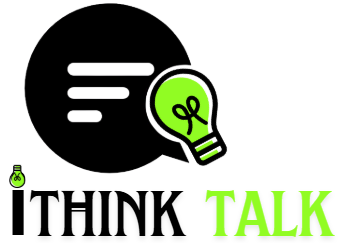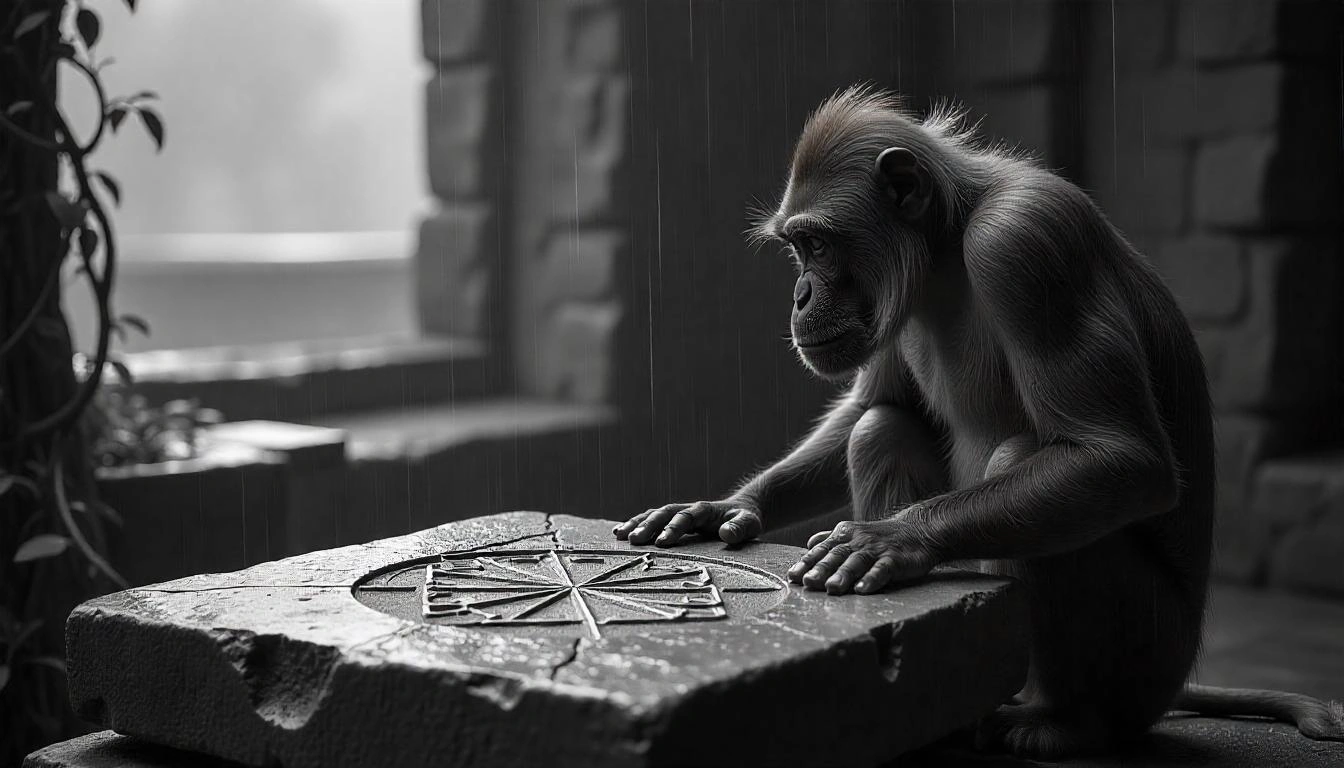“Cogito, ergo sum,” declared Descartes—I think, therefore I am. Yet must we be human to think? Must we speak to be conscious? The question that quietly haunts the margins of philosophy and science is not whether animals think, but whether we are prepared to recognize thought in forms that do not mirror our own.
We have long placed ourselves on a pedestal, perched above the animal world by virtue of our language, art, technology, and reason. In doing so, we have cast other creatures as instinct-driven automatons—biological machines lacking the interior life we so jealously guard. But what if this view is less a reflection of truth and more a defense of ego? Are we the only minds that matter, or merely the most vocal?
The Legacy of Descartes and the Ghost of Mechanism
René Descartes famously argued that animals were soulless machines, incapable of genuine thought or emotion. For him, only humans possessed the rational soul, granted by God. Dogs might yelp in pain, birds might mimic human speech, but to Descartes, these were empty gestures—reflexes, not reflections.
Yet we might ask: if a dog cowers at a raised hand, is it merely reacting, or remembering? If an octopus escapes a tank by unscrewing a lid, is it merely acting on impulse, or planning?
It is no longer controversial among scientists to assert that many animals experience pain, joy, and even rudimentary forms of empathy. But what of reason, imagination, or the sense of self? Are we still clinging to an outdated Cartesian ghost?
The Empirical Shift: Animals in the Mirror
Modern cognitive science offers compelling challenges to anthropocentric views. Apes use tools. Elephants grieve for their dead. Corvids—those clever birds like crows and jays—can plan for future events and even use deception, a form of intelligence once thought uniquely human.
In one striking experiment, New Caledonian crows bent wires into hooks to retrieve food—demonstrating not only problem-solving but foresight. A crow, it seems, is not just winged instinct but a kind of “thinking monkey” cloaked in feathers. The term “thinking monkey,” though playful, serves as a provocation. What if thought is not the sole property of Homo sapiens but an evolutionary strategy that arises in many forms, wearing many masks?
Mirror tests have revealed that elephants, dolphins, magpies, and certain apes can recognize themselves—suggesting an awareness of self. Does this mean they possess a kind of “I”? If a creature sees itself and understands that it is not another, is that not a whisper of consciousness?
Redefining Intelligence: Beyond Language and Logic
Too often, we define intelligence by the metric most flattering to us—language, logic, abstract reasoning. But must intelligence wear the face of mathematics or metaphysics to be real?
Consider the octopus. With a decentralized nervous system and neurons in its arms, it solves puzzles, escapes enclosures, and exhibits play. Is this not a mind, albeit of a different kind? Philosopher Thomas Nagel once asked, “What is it like to be a bat?” The question was not about flying or echo-location, but about subjective experience. What is it like to be an animal—to have its world, its umwelt?
We cannot know with certainty. But to deny the possibility because we cannot share their language or world is not science—it is arrogance.
Of Minds and Mirrors: The Socratic Turn
Socrates, who questioned the very foundations of knowledge, might challenge us to reconsider our certainty. What is the essence of intelligence? Is it the ability to question, to solve, to feel? If a bonobo uses gestures to communicate wants, or if a dog dreams in its sleep, are these not signs of cognition?
Let us imagine an alien intelligence studying Earth. Would it be measured by who built cities or wrote novels, or by the ability to navigate complex environments, form social bonds, adapt, and endure?
The “thinking monkey” then becomes a mirror not just for our curiosity about animals, but for our own reflection. We see them think, and we begin to question what thinking means. If they, too, are minds in motion, what separates us but degree—not kind?
Rethinking Kinship, Rethinking Responsibility
When we accept that intelligence is a spectrum, not a summit, our responsibilities shift. No longer are we lords of lesser creatures, but participants in a community of minds. As the philosopher Mary Midgley wrote, “We are not just rather like animals; we are animals.” To acknowledge this is not to diminish our humanity, but to deepen our humility.
Are we ready to share the status of sentient beings with creatures long considered beneath us? Are we willing to ask not just “Can they reason?” but “Can they suffer? Can they desire it? Can they dream?”
Final Reflections
Perhaps it is not intelligence that separates us, but our stubborn insistence on being alone in possessing it. The mind, like water, takes the shape of its vessel. In birds, in whales, in apes—it flows differently, but it flows.
And so we must wonder: is the world full of silent minds, waiting only for us to listen? The “thinking monkey” is not just the chimpanzee solving puzzles—it is the metaphor for all who challenge our idea of what thinking looks like. It is the bird who plans, the elephant who mourns, the octopus who plays.
To explore how collective intelligence is shaping modern careers, read our thought piece on thinking together in the workplace.


